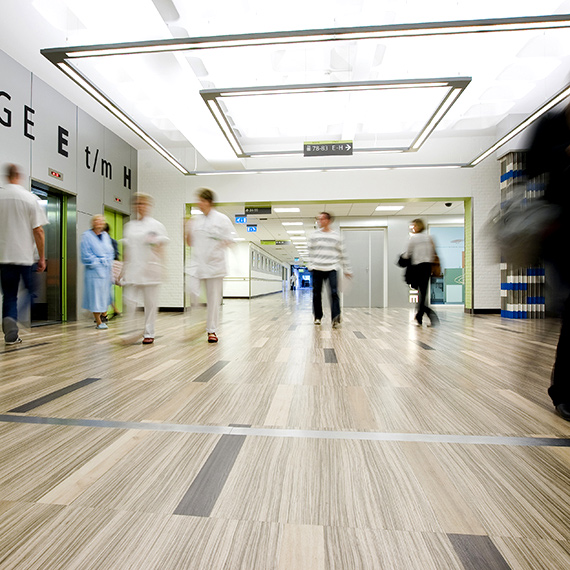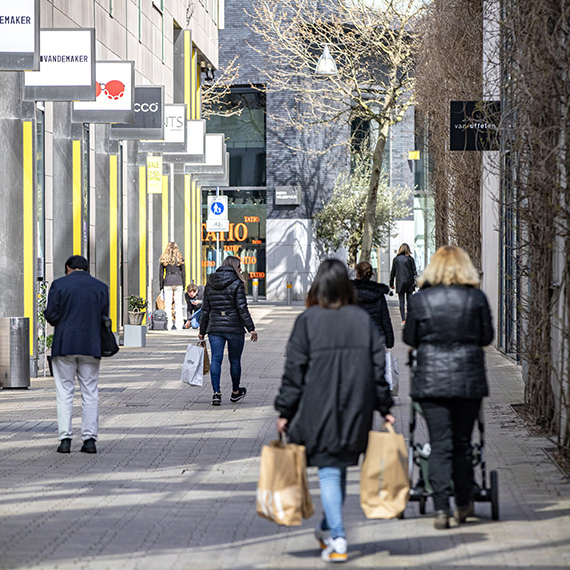Experimental research

What is an experiment?
What are the effects of this (policy) change on decision-making behavior? What works and what doesn’t work to inform, activate or persuade your target group, and why? Which intervention is most effective when it comes to changing attitudes, perceptions, behavior? Experimental research is the method of choice to obtain answers to these kinds of questions.
For an experiment, participants are randomly assigned to different groups. We only have one variable for each group, namely that of which we want to know the effect, while all other factors remain constant. This is how we know that the difference in the response of each group can only be caused by that variable. This is how we establish the causal effect.

Why collaborate with Centerdata?
Designing an experiment is often much harder than it may seem. It requires making numerous choices that impact the reliability and validity of the research. We are specialists in the field of experimental research. At Centerdata this research is conducted by (PhD) researchers with the necessary know-how, experience and an “instinctive feel” for designing and conducting solid experiments.
These experiments can be performed using our own LISS panel. Our questionnaire software offers many options, from (combined) decision-making experiments to game-theoretic experiments, response time experiments and experiments with choice dependent rewards. Another advantage of conducting experiments in the LISS panel is that we can add the existing data from our panel members to the data from the experiment. This means that we can easily zoom into specific sub-groups, such as vulnerable consumers, and find out what does and does not work within these groups and why.
What are the options?
Centerdata offers an extensive range of options for carrying out experiments, both in our own online LISS panel and externally (for example, field and lab experiments).
- Online experiments
In an online experiment, we simulate a particular environment such as a shopping environment or a website, and then study the effects of any changes to the environment or other interventions on people’s responses. We measure those responses through self-reporting (e.g. questions about understanding, perceptions, attitudes, etc.) or through registrations “behind the scenes”, such as click behavior or eye movements (‘eye-tracking’).
Online experiments make it possible to test many variables in a controlled and cost-effective manner (e.g. many different types of intervention, different types or ways of presenting information, etc.). Online experimental research is also ideal when it is not practical or when it becomes very expensive to test interventions in the natural environment. In that case, an online experiment can help identify the most promising interventions for implementation or a field experiment.
- Other types of experiment
In addition to online experiments, we also have a lot of experience with field and lab experiments. For large-scale European experimental research projects we work closely with partners for data collection. Please do not hesitate to contact us to discuss the various options.
Further information? Please contact us.
Meet our teamThis is just a small selection of the numerous experiments we have conducted
- For the European Commission (DG Environment), we investigated whether labels on disposable products containing plastics (such as cigarettes, sanitary towels and wet wipes) cause consumers to more often dispose of these products in the right way and if so, what would be the best label design. We set up large-scale online experiments in six EU countries to find out which label was best understood and evaluated by European consumers. We then looked at how effective this label was in preventing plastic pollution in controlled field experiments.
- For the Ministry of Finance we researched the impact of the introduction of standard products in the pension market (third pillar) on consumer behavior. In a lab experiment we used eye-tracking to find out whether search and comparison behavior changes when the product range includes a standard product (compared to when it does not). In a controlled online experiment in the LISS panel where we simulated the situation of people having to choose, we tested the impact on decision-making behavior, stress caused by having too many choices and procrastination.
- For the Stichting Bevorderen Efficiënt Betalen (SBEB) we investigated whether lowering the pre-selected, on-screen withdrawal amounts on a cash dispenser interface would be an effective nudge to reduce the amount of money people withdraw. In a field experiment we compared the transaction data of 100 modified ATMs with the transaction data of 100 comparable, non-modified ATMs during the test period and the previous three months (‘difference-in-difference technique’).
- For the European Commission (DG Energy and DG Environment), we developed new EU energy labels for household and electronic equipment. We carried out online experiments among European consumers in a large number of EU countries to learn more about the level of comprehension and the evaluation of various types of label information (e.g. pictograms).
